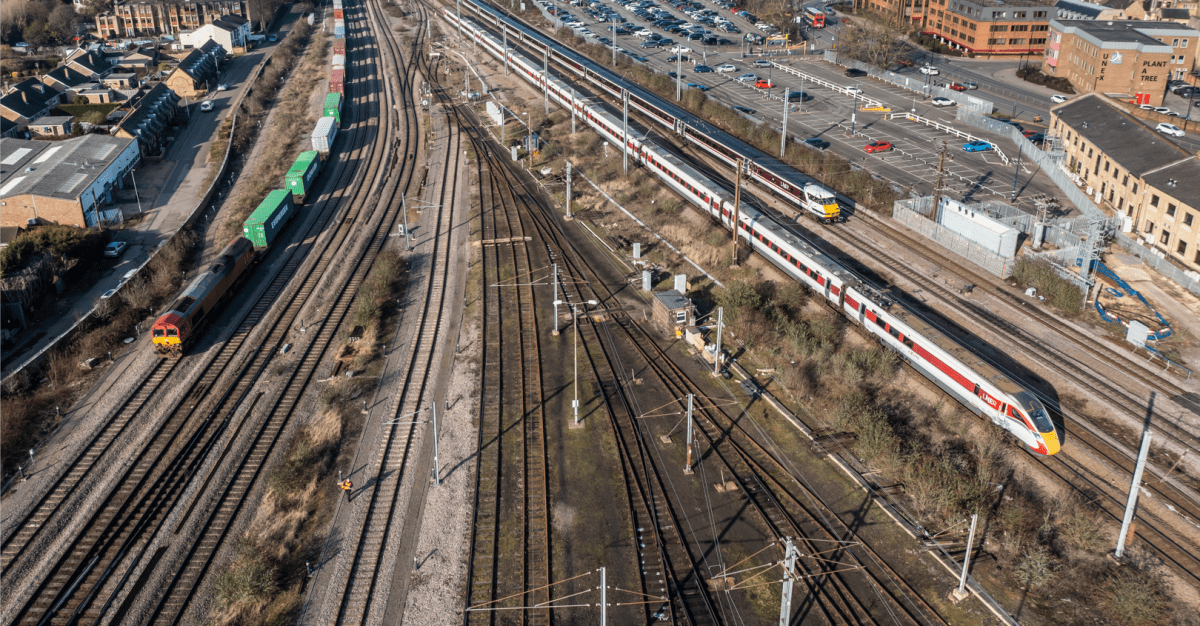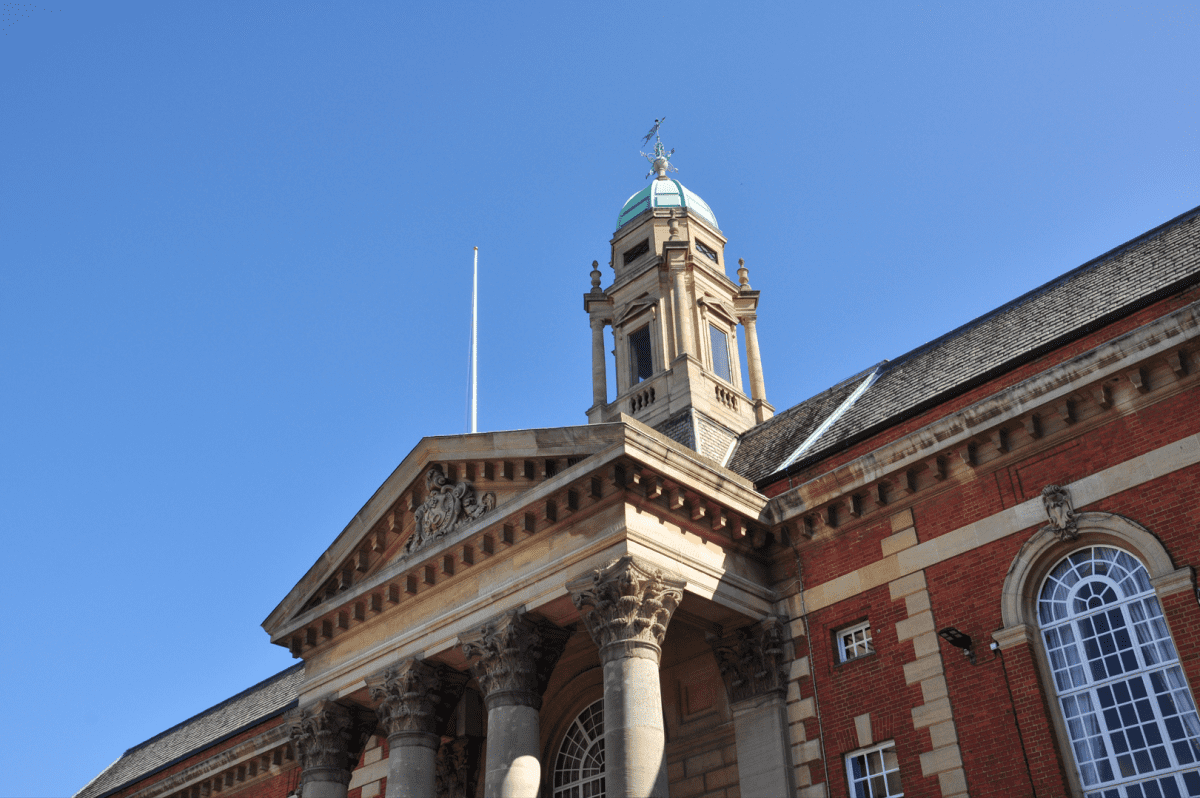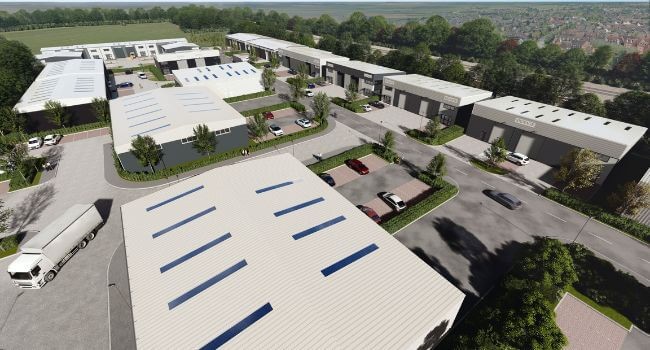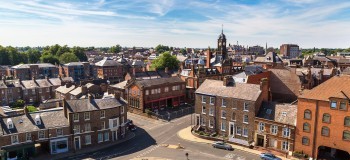30/06/2023
Insights
Julian Welch, Director, Eddisons, is based in Peterborough - a city in which he’s worked for over 20 years in property agency at a senior level. Living in a nearby market town, he is perfectly placed to chart the changing shape of this growing city.
Forty years on from the establishment of the Peterborough Development Corporation in 1968 saw the financial crash of 2008. While a couple of fall out years followed, investor confidence retained interest in the city’s development potential and it’s now being ambitiously fulfilled.
Peterborough’s economic prosperity is underpinned by its transport network. It enjoys excellent connectivity to the rest of the UK, off J17 of the A1(M), has the Parkway road system providing one of the country’s fastest commute-to-work times and, crucially, it has a railway station on the East Coast mainline.

Railway significance cannot be overstated. Crucial to the city’s engineering past, it’s the lynchpin for current and future development. The £70 million station quarter redevelopment - with £48 million grant funding from central government announced earlier this year - is a turnkey project.
Peterborough’s riverside potential is now being realised. Fletton Quays - a mixed-use development on the Nene’s south bank - has largely built out its residential element and the former Mill redevelopment is readying to start on site.
A new City Council headquarters and Government Hub buildings, with the new Passport Office, acted as anchor occupiers for Fletton Quays’ commercial opportunities. A new hotel for Hilton Garden Inn also nears completion there.
Anglia Ruskin University’s new campus on the Nene’s north bank is now welcoming admissions for undergraduate, post-graduate and degree apprenticeships.
This brings a ‘boffin-boost’ to the city’s economic, social and demographic profile and raises the game for the region’s skills gap.
Behaving like an aspirational city sees flagship projects, but it also means smaller scale property redevelopment too.
Redevelopment of the former police station on Bridge Street sees a new Premier Inn and a recent developer proposal looks to demolish the former TK Maxx building nearby, replacing it with a landmark conference centre.

Bridge Street is the key retail thoroughfare linking the South Bank developments with the regenerated Cathedral Square and its wide range of retail and food & beverage outlets, leading to the once dominant Queensgate Shopping Centre - from where John Lewis departed in 2021.
Like many cities, the Covid-19 pandemic affected Peterborough’s retail profile on which, arguably, it had relied on too heavily since the 1980s. However, retail landlords are welcoming the rise of the independents. They are preferring to deal with small traders and food & beverage operators who can respond to changing customer habits in a way national operators can’t.
Changing working trends make Peterborough’s office supply a viable option for businesses looking to quit the metropolis. The permanence of hybrid office working patterns post-pandemic can only benefit the city’s wider prosperity.
Flipping the Development Corporation’s slogan ‘The Peterborough Effect’, the London Effect of a 45-minute train journey makes residential property in surrounding Rutland and Lincolnshire attractive to those who neither need, nor want, the daily London commute.
Consideration of Peterborough’s modern development profile is incomplete without mentioning the reshaping of its surrounding landscape by the logistics & industrial sectors.
Big sheds, warehouses & light industrial schemes have been the darlings of the commercial property market well before, during & post-pandemic.
Peterborough’s position at a major interchange of the UK’s motorway and trunk road network has seen developers bring forward successful Design & Build schemes for major manufacturing and distribution occupiers - most notably at Roxhill Gateway.

It’s also encouraged speculative small unit schemes in locations such as Broadway, Yaxley - where Barnack Estates UK Ltd first struck ground in 2008.
In established industrial areas, such as Fengate, commercial investment has upgraded legacy stock to meet modern industrial occupiers’ operations.
Peterborough has held its Development Corporation’s vision. Powered by public and private investment, development and regeneration projects are on stream to the point where it’s beginning to live up to its status as one of the UK’s fastest growing cities.
This article is reproduced by kind permission of Business Weekly in which a version recently appeared as part of the publication’s monthly ‘Scaling up in association with Eddisons’ feature.






